
“Gregorius took off the glasses, and covered his face with his hands. The feverish change between dazzling brightness and threatening shadow pressing with unusual sharpness through the new glasses was a torment for the unprotected eyes. Just now, at the hotel, after he had woken up from a light and uneasy afternoon nap, he had tried the old glasses again. But now the dense heaviness felt disturbing, as if he had to push his face through the world with a tedious burden.” (page 111)
Through a mix of text from Prado that Gregorius translates and the teacher’s interactions with Prado’s family and friends, a tale of hunger, deprivation, and principals emerges that will keep readers on their toes. The parallels Mercier draws between Prado and Gregorius are uncanny, and yet, the men are so different from one another in how they choose their paths. At the same time, both men are swept up in a hunger for more life and more connection, especially given how both their fathers had suffered and how little they knew them. In many ways, it seems as though part of that hunger is fed by the “absence” of the father — though not their physical absence — and the expectations that absence placed on these men as they grew older.
“Who could in all seriousness want to be immortal? Who would like to live for all eternity? How boring and stale it must be to know that what happens today, this month, this year, doesn’t matter: endless more days, months, years will come. Endless, literally. If that was how it was, would anything count?” (page 170-1)
Gregorius begins his journey in Lisbon with Prado’s book in his hands, seeking the truth of the man who wrote such inspiring words — words that spurred his desire to drop his old life and journey into a new world. There moments when he loses himself, bumping around Lisbon and falling into the life of Prado so much so that he forgets texts that he lived and breathed in for years. But even in returning to Bern, Gregorius is out of place; it is no longer comfortable or it does not feel like home. Both Prado and Gregorius reach a certain precipice in their lives, and how they handle it is so similar; it is like a mirror image of the past facing the present.
Mercier explores the compartmentalization of our own lives and how we can not really know others as intimately as we can know ourselves, but even that is questioned as we can also fall into deceiving ourselves about our own abilities, emotions, and more. Memories are fleeting and often distorted, but to uncover an unvarnished truth about the past, all sides of the story must be sough out to find the truth in the middle. Beyond that there are questions of whether one should be sacrificed for the many or the good cause and what exactly the fear of death is about. Night Train to Lisbon is a methodical and deep account of two men with their own convictions and perceptions about life and what it is that are challenged by the world around them. Deeply moving, profound, philosophical and engaging.
About the Author:
Peter Bieri, better known by his pseudonym, Pascal Mercier, is a Swiss writer and philosopher. He studied philosophy, English studies and Indian studies in both London and Heidelberg. Mercier cycling team is a former French professional cycling team that promoted and raced on Mercier racing bikes. Together with the Peugeot cycling team, the Mercier team had a long presence in the cycling sport and in the Tour de France from 1935 until 1983.
About the Translator:
Barbara Harshav translates from French, German, and Yiddish, in addition to Hebrew. Her translations from Hebrew include works by prominent authors such as Michal Govrin, Yehudah Amihai, Meir Shalev, and Nobel Laureate S.Y. Agnon. She teaches in the Comparative Literature department at Yale University.
This is part of my own personal challenge to read more books set in or about Portugal.
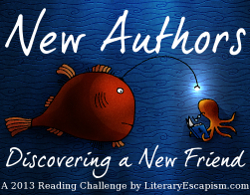
 About the Poet:
About the Poet:

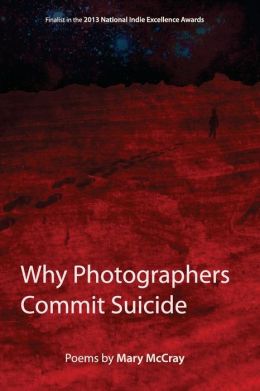
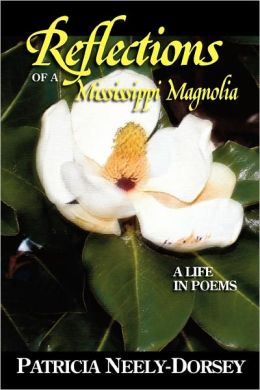 Reflections of a Mississippi Magnolia by Patricia Neely Dorsey is a very personal and reflective collection about growing up in the south and celebrating its culture. Through rhyming poetry, Dorsey creates poems that have their own beats and rhythms that carry readers all the way through the poems. While most of these rhymes are elementary and some seem forced, the collection is not about technique as much as it is about living and breathing the southern culture.
Reflections of a Mississippi Magnolia by Patricia Neely Dorsey is a very personal and reflective collection about growing up in the south and celebrating its culture. Through rhyming poetry, Dorsey creates poems that have their own beats and rhythms that carry readers all the way through the poems. While most of these rhymes are elementary and some seem forced, the collection is not about technique as much as it is about living and breathing the southern culture.

 About the Poet:
About the Poet: About the Poet:
About the Poet: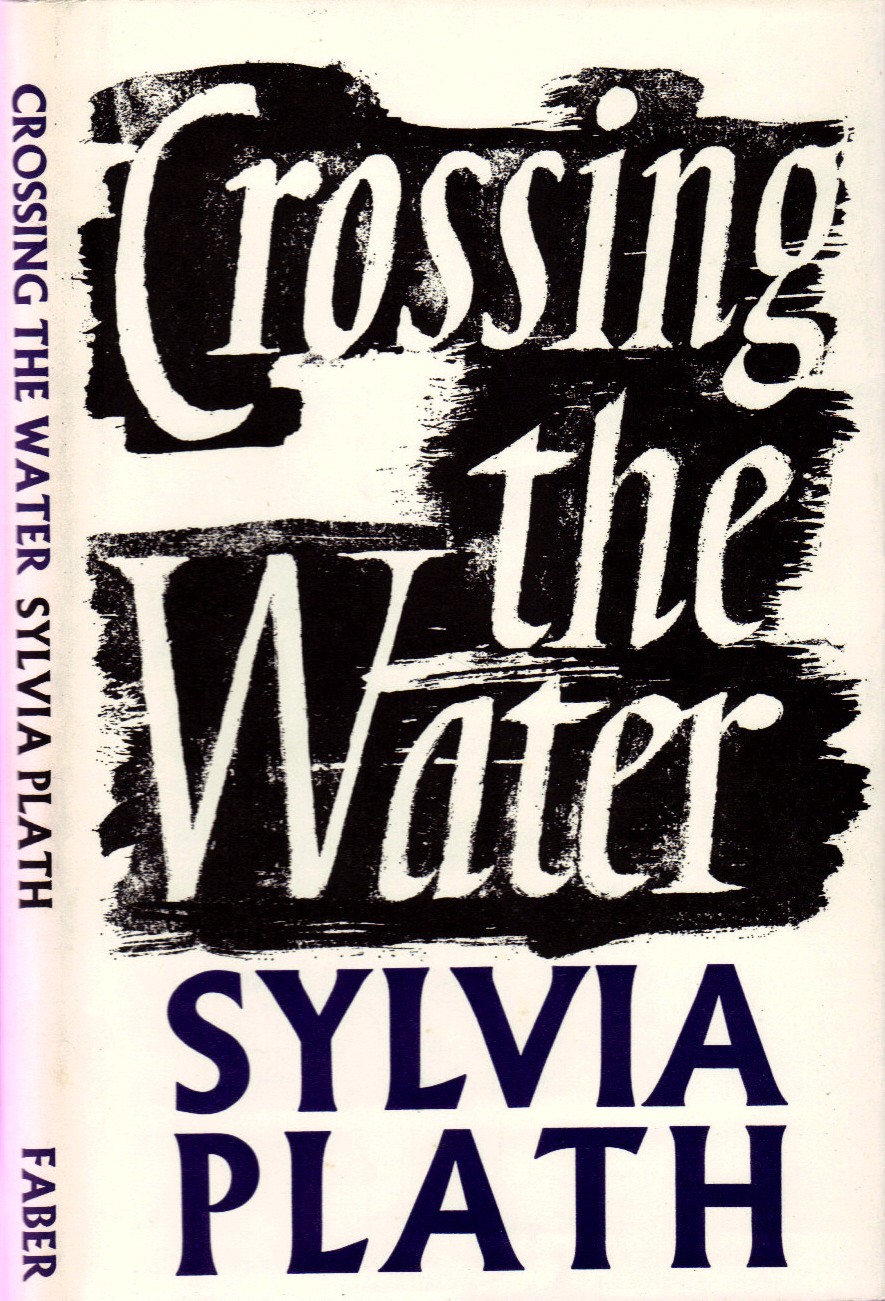

 About the Author:
About the Author:

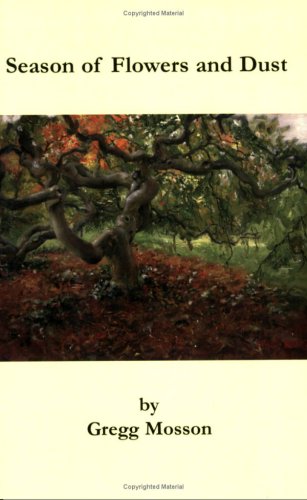 Season of Flowers and Dust by Gregg Mosson, published by
Season of Flowers and Dust by Gregg Mosson, published by 


